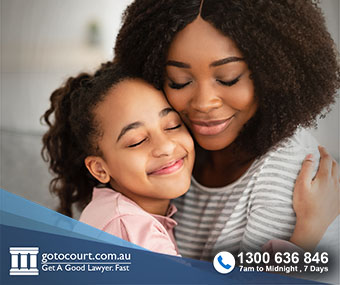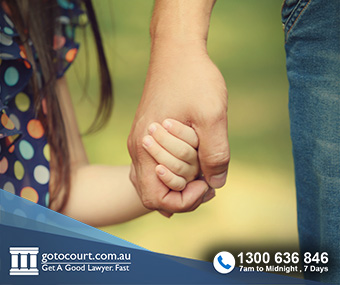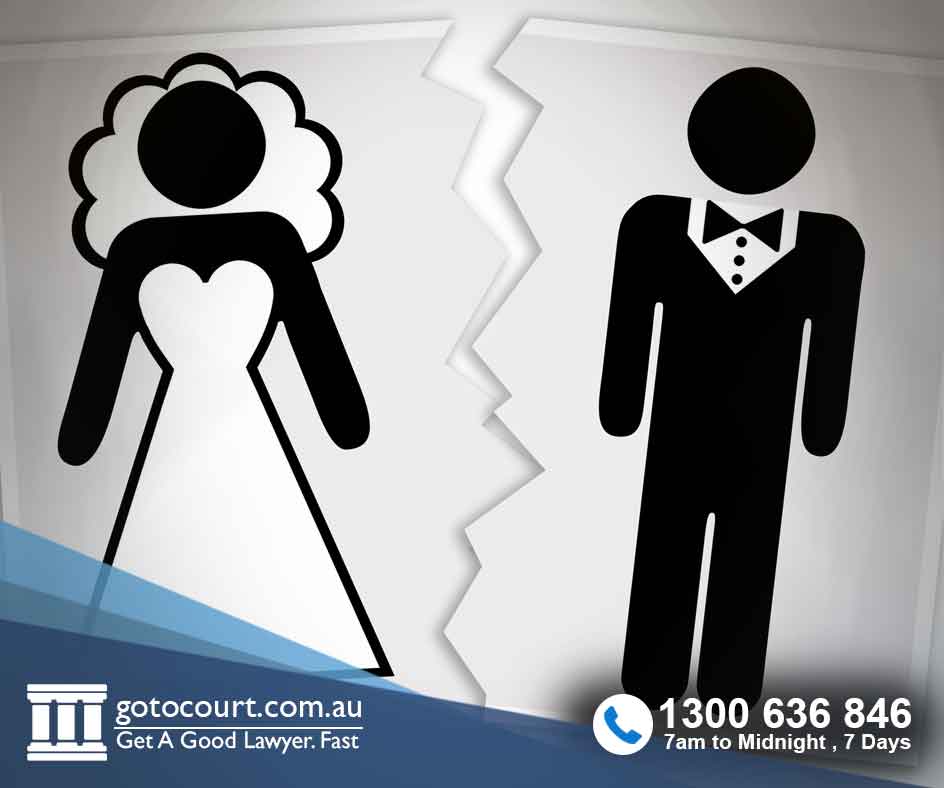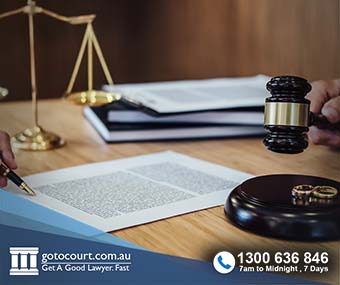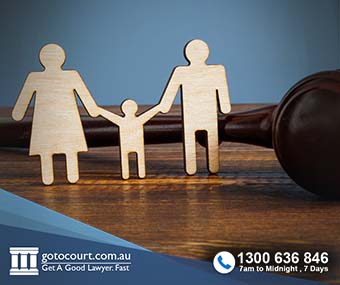Call our lawyers
now
or,
have our lawyers
call you
Child Abuse Allegations in Australian Parenting Cases
Updated on Jan 05, 2023 • 7 min read • 234 views • Copy Link
Child Abuse Allegations in Australian Parenting Cases
Child abuse cases are covered under the Magellan program which operates in the Family Court of Australia. The Magellan program is for parenting cases which involve serious allegations of child abuse (including physical and sexual abuse). This program recognises that the children involved in these disputes are some of the most vulnerable.
The Magellan program has been designed to be a fast-track program within the Family Court because the court aims to finalise these parenting cases quickly and efficiently – within 6 months, if possible.
During the program, court staff (including judges, registrars and family consultants) will work closely with State and Territory child-protection and welfare agencies to ensure that the focus remains on the children involved and that the best interests of the children are met.
The Magellan program framework is not found in any one particular piece of legislation. Instead, it was developed through internal court agreements and procedures. However, the Family Law Act 1975 (Cth) is relevant for the overall governance of the Family Court in child abuse cases.
The definition of abuse
‘Abuse’ is defined in section 4 of the Family Law Act 1975 (Cth) and means the following:
- An assault of the child (including sexual assault); or
- A person involving the child in a sexual activity, in which the child is directly or indirectly used as a sexual object by that person (or any other person);
- Causing the child to suffer serious psychological harm, including by subjecting or exposing the child to family violence; or
- Serious neglect of the child.
The Magellan program is concerned with allegations of serious physical or sexual abuse of a child.
Child abuse allegations – compulsory notifications
Under section 67Z of the Family Law Act 1975 (Cth), the court must be notified if a parenting case involves allegations that a child has been abused or is at risk of being abused.
Notification is made by filing a Notice of Child Abuse, Family Violence or Risk of Family Violence in the court registry. This must be done by an ‘interested party’ which means either a party to the proceedings or an Independent Children’s Lawyer. The notice will usually be filed alongside a party’s application for parenting orders.
Once a party has filed a notice, the court must notify the relevant State or Territory welfare authority.
The court is also required to take prompt action after a notice has been filed. This includes considering whether any interim or procedural orders are necessary for the following:
- To protect the child or any of the parties to the proceedings; or
- Gather evidence about the allegations.
Transferring a case to the Magellan program
A parenting case will be referred to the Family Court’s Magellan Register as soon as possible after the Notice of Child Abuse or Family Violence has been filed.
The court will then assess the issues raised in the notice to determine whether the matter needs to be managed using the Magellan program. If it does, the case will then be listed as a Magellan matter. Note that not all notices or cases of alleged child abuse will result in a Magellan listing.
If the parenting application was originally filed in the Federal Circuit Court, the judge may make orders to transfer the case to the Family Court, where it can be placed on the Magellan program. For more information on which court to file your family law matter in, read Where to Lodge Your Family Law Matter.
Who is involved in the program?
The Magellan program relies on close co-operation between judges, court staff and a variety of external organisations.
Each Family Court registry has its own Magellan team, which consists of judges, court registrars and family consultants. These teams are responsible for managing cases in the Magellan program and, under ideal circumstances, a parenting case will have the same team throughout the entire process.
Once a parenting case has been allocated to a particular judge in the Magellan program, it will remain with that judge until the case is finalised. This allows the judge to gain a deeper and more consistent understanding of the families involved in the dispute. The judge is also responsible for leading and managing the proceedings.
An Independent Children’s Lawyer will also be appointed for each child involved in the dispute. Magellan cases have access to uncapped legal aid funding for the Independent Children’s Lawyer.
State welfare authorities, such as South Australia’s Department for Child Protection, will usually have a role in Magellan cases. Especially if the authority has had previous contact with the families or children involved.
What happens during a child abuse case?
The overall goal of the Magellan program is to ensure cases involving abuse allegations are run as effectively and efficiently as possible, while focusing on the best interests of the children at all times.
To achieve this, Magellan cases are judge-led and managed. This means the judge has a much more active role in deciding how a case will proceed. This can include deciding what evidence should be gathered, how it is presented to the court, and determining where court resources are spent during the case.
Compared to an ordinary parenting case, the Magellan program invests a significant amount of resources in the early stages of the trial process. During this time, the court will most likely make orders for some, or all, of the following:
- Any interim orders that the judge considers necessary to protect the children involved;
- Appointing an Independent Children’s Lawyer;
- Ordering a family report (created by the family consultant assigned to the particular case); and
- Issuing subpoena to the relevant State or Territory child welfare or protection agency.
As part of the inter-agency approach used in child abuse cases, the judge can also order reports from state or territory child protection agencies.
These reports may outline:
- Whether the agency intends to intervene in the proceedings;
- Whether the agency has previously investigated the relevant child abuse allegations or any other allegations regarding the child;
- The conclusions of the investigation and the reasons for those conclusions; and
- Any recommendations made by the child protection agency.
How does the court decide the parenting application?
The Magellan program does not change the method by which the court makes decisions and the issue of child abuse will be dealt with using the same legislative process as any other parenting case. For example, the child’s best interests will be the paramount consideration, with greater weight given to protecting a child from abuse or harm.
Child abuse can also be considered under many of the additional considerations listed in section 60CC of the Family Law Act 1975(Cth). The court’s findings under this section are used to determine the best interests of the child.
The presumption of equal shared parental responsibility will not apply if the court has reasonable grounds to believe that a parent, or someone who lives with the parent, has abused the child.
In this situation, the court is free to make any parenting orders which they believe are in the child’s best interests in such abuse cases. However, the court must ensure that the parenting orders do not expose a child to an unacceptable risk of abuse.
How long does a child abuse case take?
Magellan cases have strict timeframes which are closely managed by the judge. It is critical that all parties try to comply with any time limits and deadlines set for their case.
The court aims to complete Magellan cases within six months from when the case was placed on the Magellan list. However, this six-month timeframe is not guaranteed.
If you require legal advice or representation in any family matter, please contact Go To Court Lawyers.


Affordable Lawyers
Our Go To Court Lawyers will assist you in all areas of law. We specialise in providing legal advice urgently – at the time when you need it most. If you need a lawyer right now, today, we can help you – no matter where you are in Australia.How It Works








1. You speak directly to a lawyer
When you call the Go To Court Legal Hotline, you will be connected directly to a lawyer, every time.


2. Get your legal situation assessed
We determine the best way forward in your legal matter, free of charge. If you want to go ahead and book a face-to-face appointment, we will connect you with a specialist in your local area.


3. We arrange everything as needed
If you want to go ahead and book a fact-to-face appointment, we will connect you with a specialist in your local area no matter where you are and even at very short notice.


